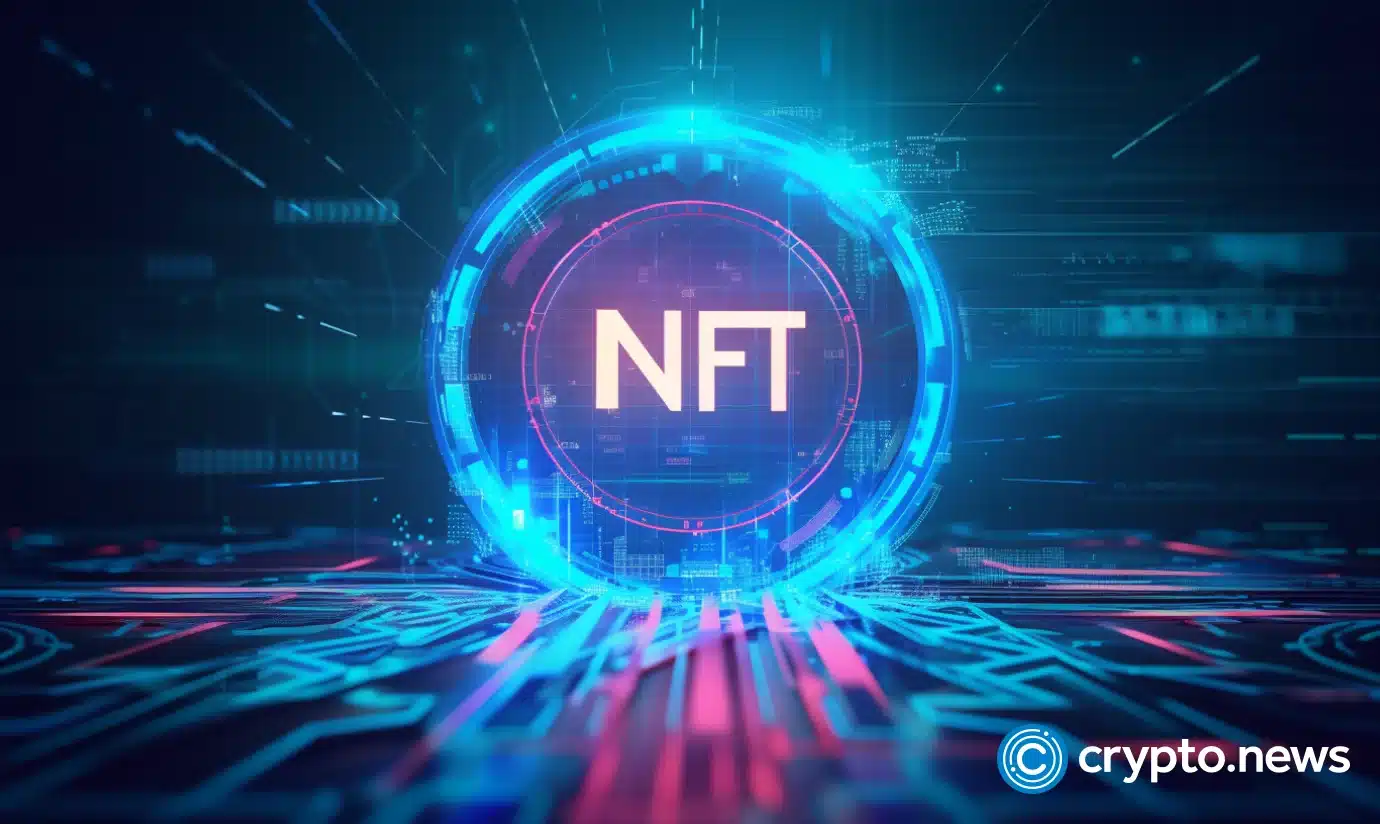In the dynamic world of cryptocurrency, the buzz around the potential approval of a Bitcoin ETF in the United States is growing. However, this anticipation is juxtaposed with a notable skepticism within the market. Despite Bitcoin’s remarkable performance, increasing nearly 200% year-to-date, the approach to the 2023 candle close shows a surprisingly tepid interest, according to data from analytics firm Glassnode. This subdued reaction raises questions about the market’s expectations and the real impact of a possible Bitcoin ETF.
Analyzing Market Trends and Leverage
The current state of Bitcoin’s leverage ratio is of particular interest. It’s reportedly on the brink of hitting historic lows, a situation described by CryptoSlate research analyst James Van Straten as “quite remarkable.”
This trend reflects a cautious sentiment in the market, with traders adopting a conservative stance in the futures market. The Estimated Leverage Ratio (ELR), a key indicator of market leverage, is approaching levels previously seen only twice, suggesting a significant reduction in market leverage.
In contrast to the usual market exuberance that precedes major announcements, the current atmosphere is one of cautious anticipation. The prospect of a Bitcoin ETF has been a topic of discussion for years, with numerous applications facing rejection by the U.S. Securities and Exchange Commission (SEC). This history of setbacks seems to have tempered the market’s response, despite some analysts giving the ETF approval odds of nearly 100%.
The ETF Skepticism and Its Implications
The Bitcoin ETF, if approved, could be a monumental step in the mainstream acceptance of cryptocurrencies. However, the market’s tepid response and the leverage trends signal a possible disconnect between investor expectations and the reality of the ETF’s potential impact. Analyst BitQuant echoed this sentiment, highlighting the lack of widespread awareness or belief in the ETF’s approval among the majority of market participants.
Further analysis by Van Straten suggests that historically, a bottoming out of the ELR has often preceded a downward trend in Bitcoin’s value. This pattern was evident during significant market events like China’s mining ban in May 2021 and the aftermath of the FTX collapse in November 2022. These correlations raise concerns that the current low ELR levels might forebode a similar downturn for Bitcoin.
The skepticism surrounding the Bitcoin ETF also reflects broader concerns within the cryptocurrency market. With the regulatory environment still evolving and past upheavals like the FTX collapse still fresh in memory, investors remain wary. The approval of a Bitcoin ETF, while symbolically significant, may not necessarily translate into immediate market growth or stability.
Bottomline is the possibility of a Bitcoin ETF approval in the United States is a topic of much speculation and skepticism in the cryptocurrency community. The current market trends, characterized by a cautious approach and historically low leverage ratios, suggest a guarded optimism at best. As the market awaits the SEC’s decision, the real impact of a Bitcoin ETF – whether it will be a catalyst for growth or just another event in the cryptocurrency saga – remains to be seen. This scenario encapsulates the complex and ever-evolving narrative of the digital asset market, where anticipation and skepticism often go hand in hand.





